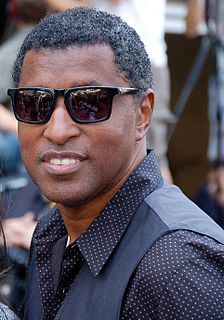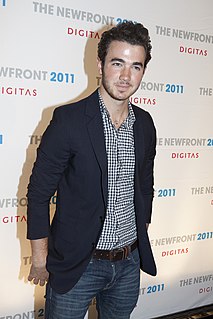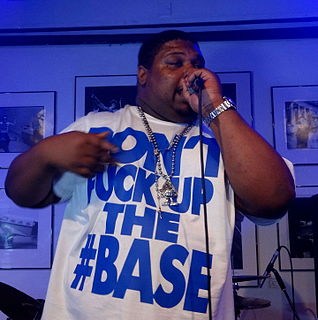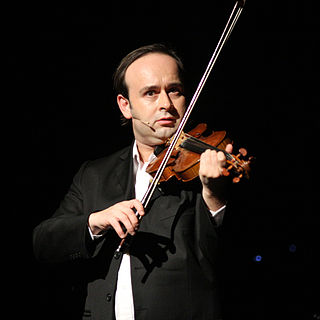A Quote by Babyface
Commercial music, for the most part, is popular music and you always have to keep that in mind.
Quote Topics
Related Quotes
I enjoy music that is commercial. I think that in order for music to be heard in a lot of different situations, you have to always consider that. Commercial music, for the most part, is popular music, and you always have to keep that in mind. It's not so much financial as making sure it gets the shot and is heard on the radio.
Popular music of the last 50 years has failed to keep in step with advances in musical theater, namely Stephen Sondheim. But the two have grown apart so that popular music is based more than ever on a rhythmic grid that is irrelevant in musical theater. In popular music, words matter less and less. Especially now that it's so international, the fewer words the better. While theater music becomes more and more confined to a few blocks in midtown.
I felt very proud to be part of a music scene that was changing the face of commercial music and rock music internationally, but I also felt like it was necessary for Soundgarden - as it was for all of these Seattle bands - to prove that we deserve to be on an international stage, and we weren't just part of a fad that was based on geography.
Early American music and early folk music, before the record became popular and before there were pop stars and before there were venues made to present music where people bought tickets, people played music in the community, and it was much more part of a fabric of everyday life. I call that music 'root music.'



































